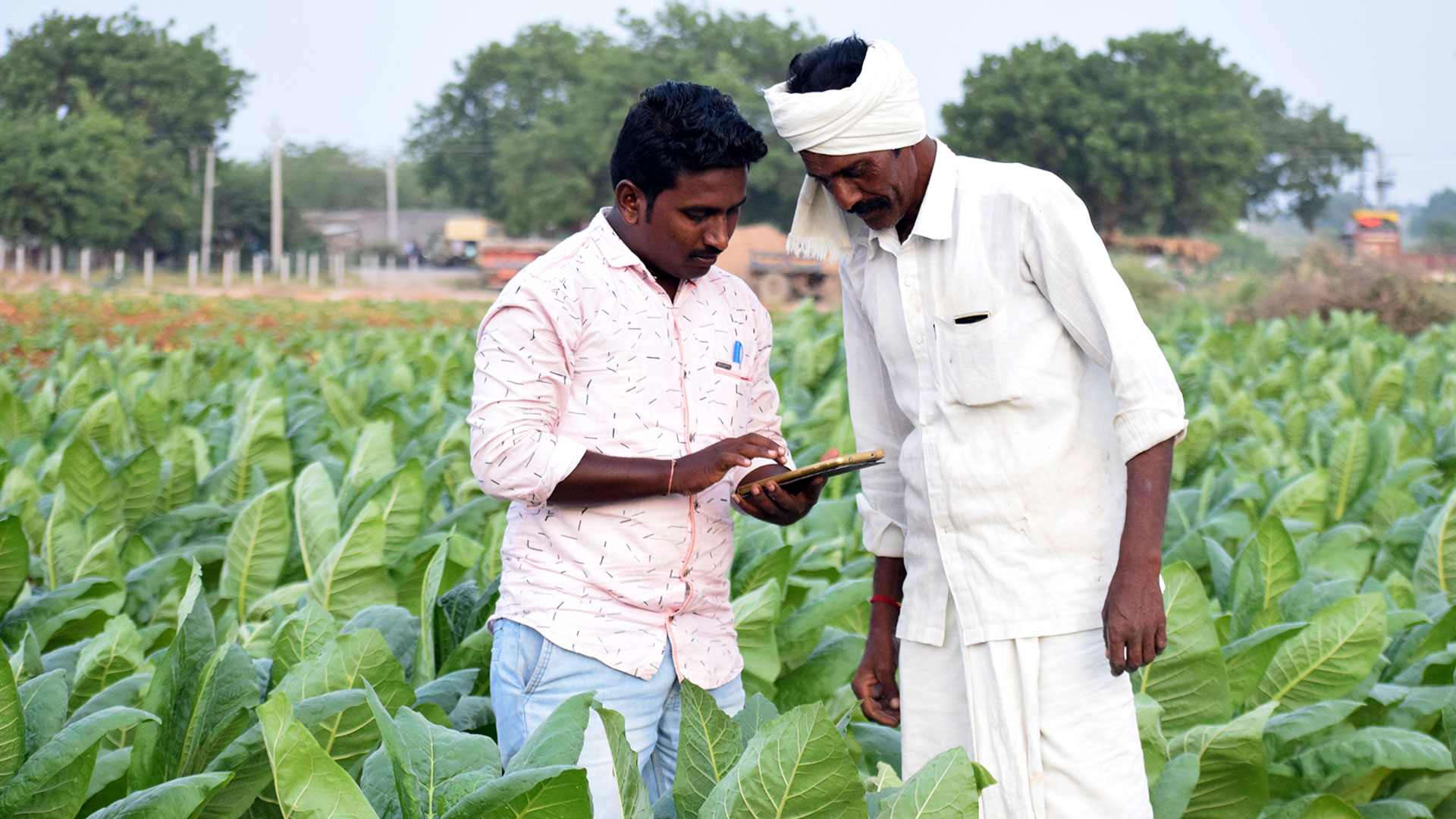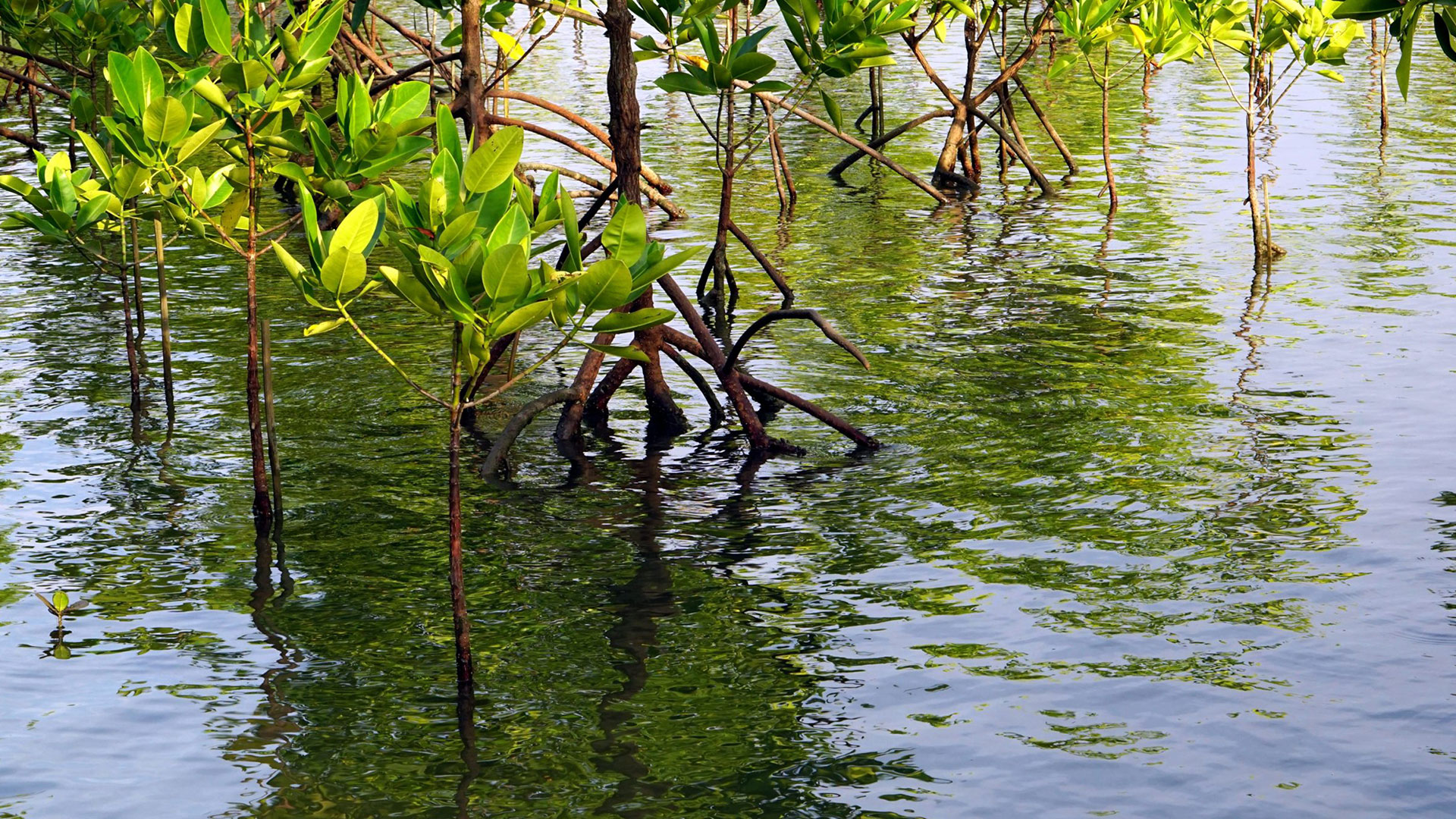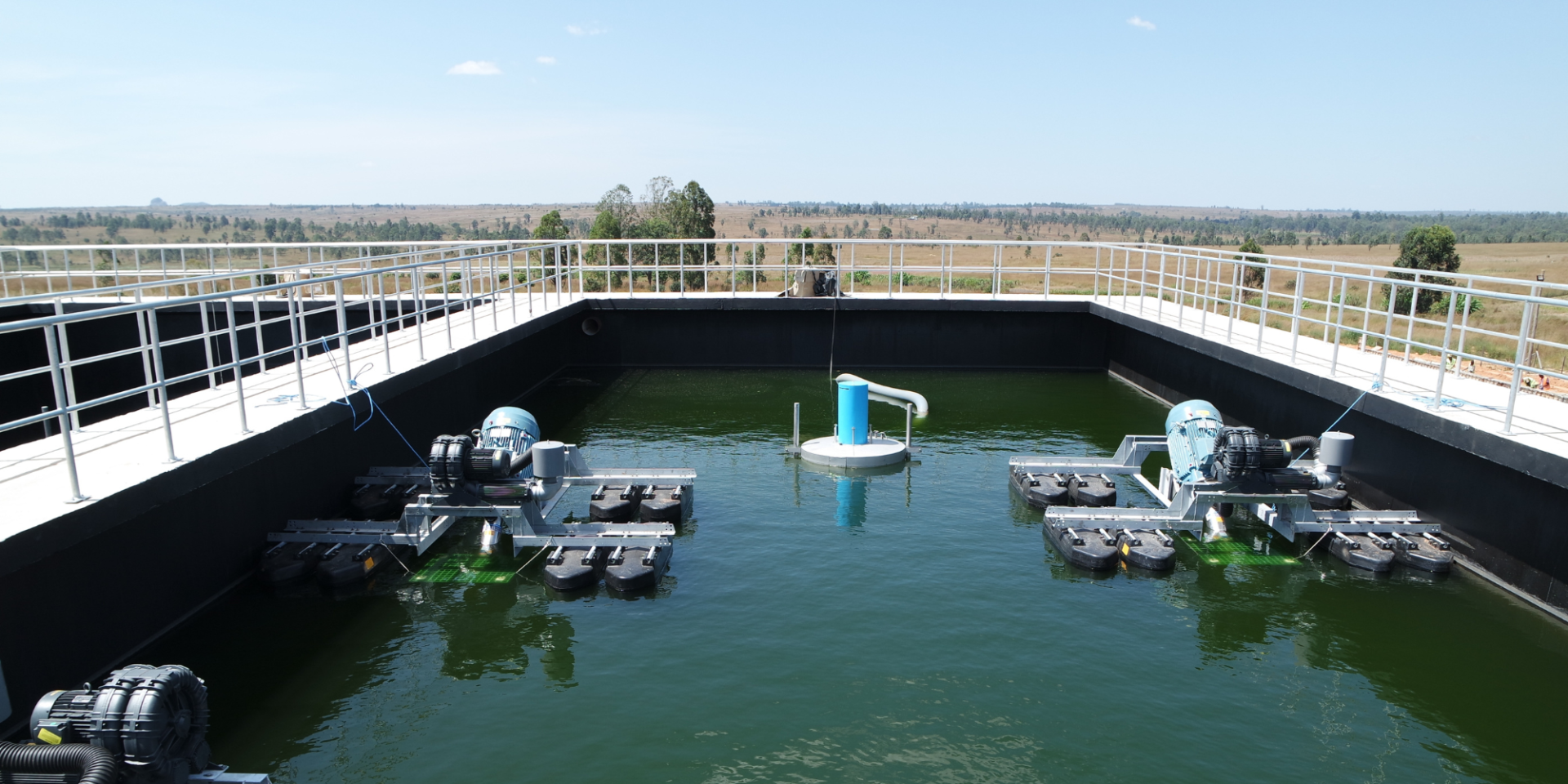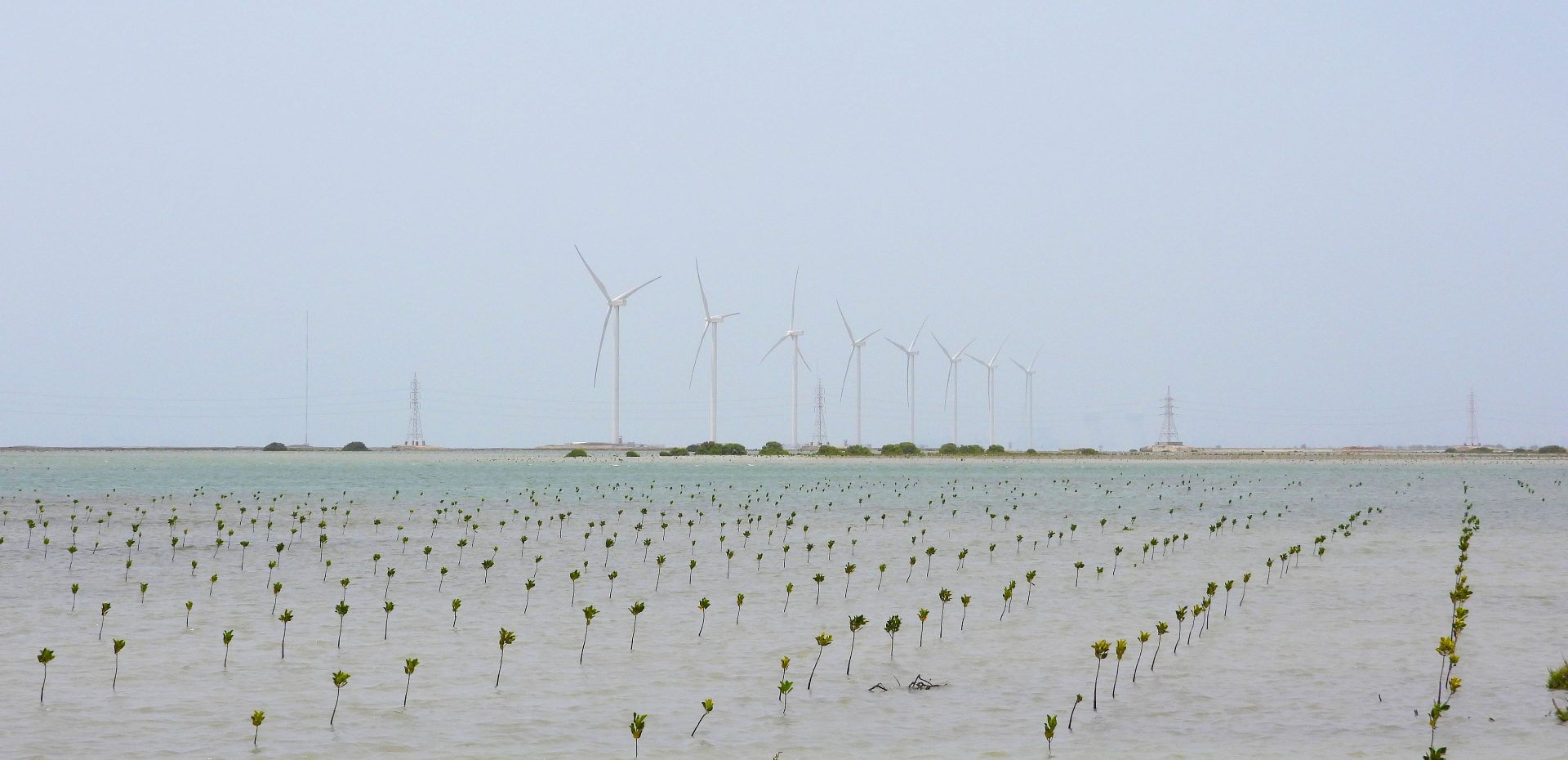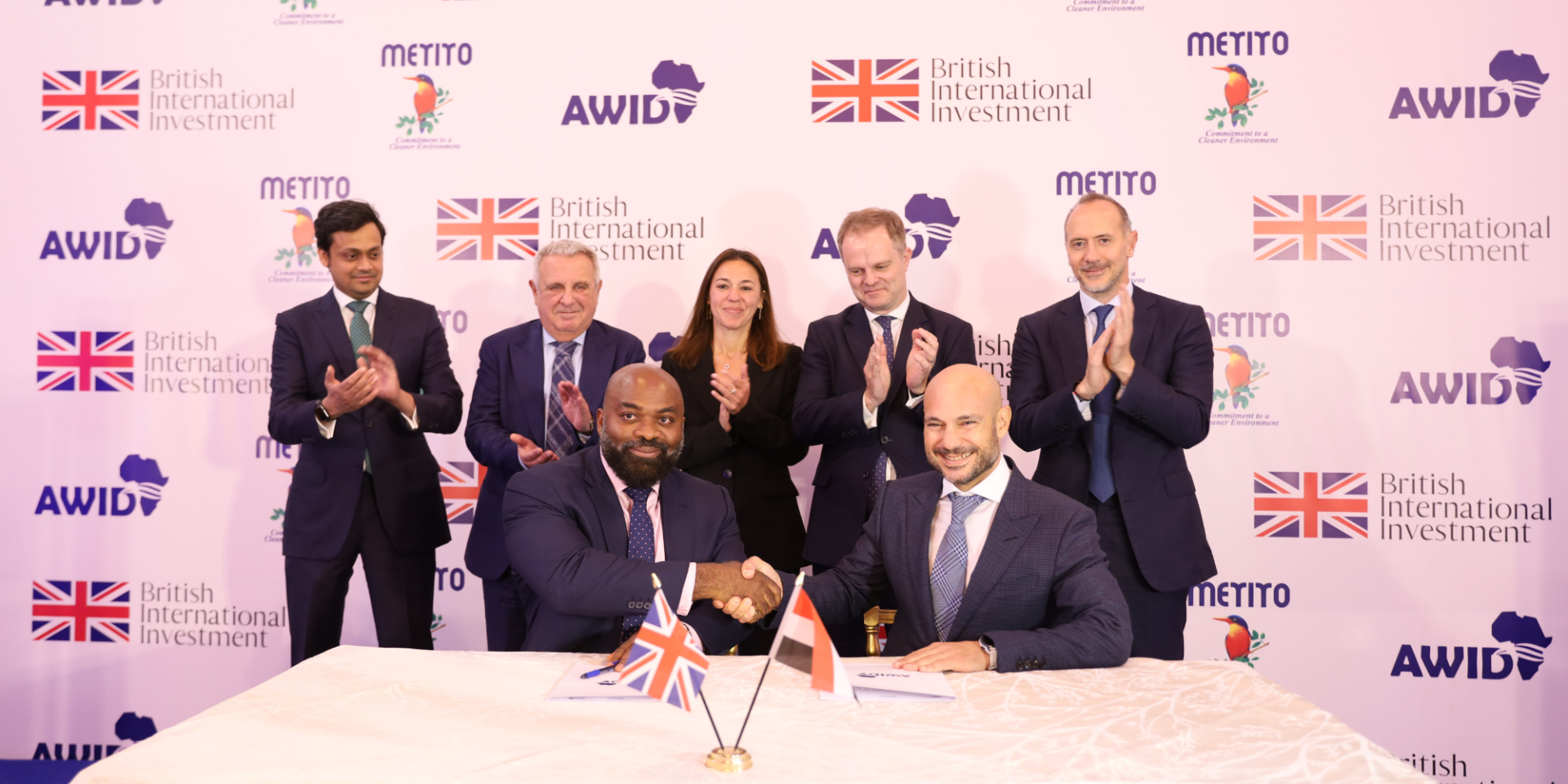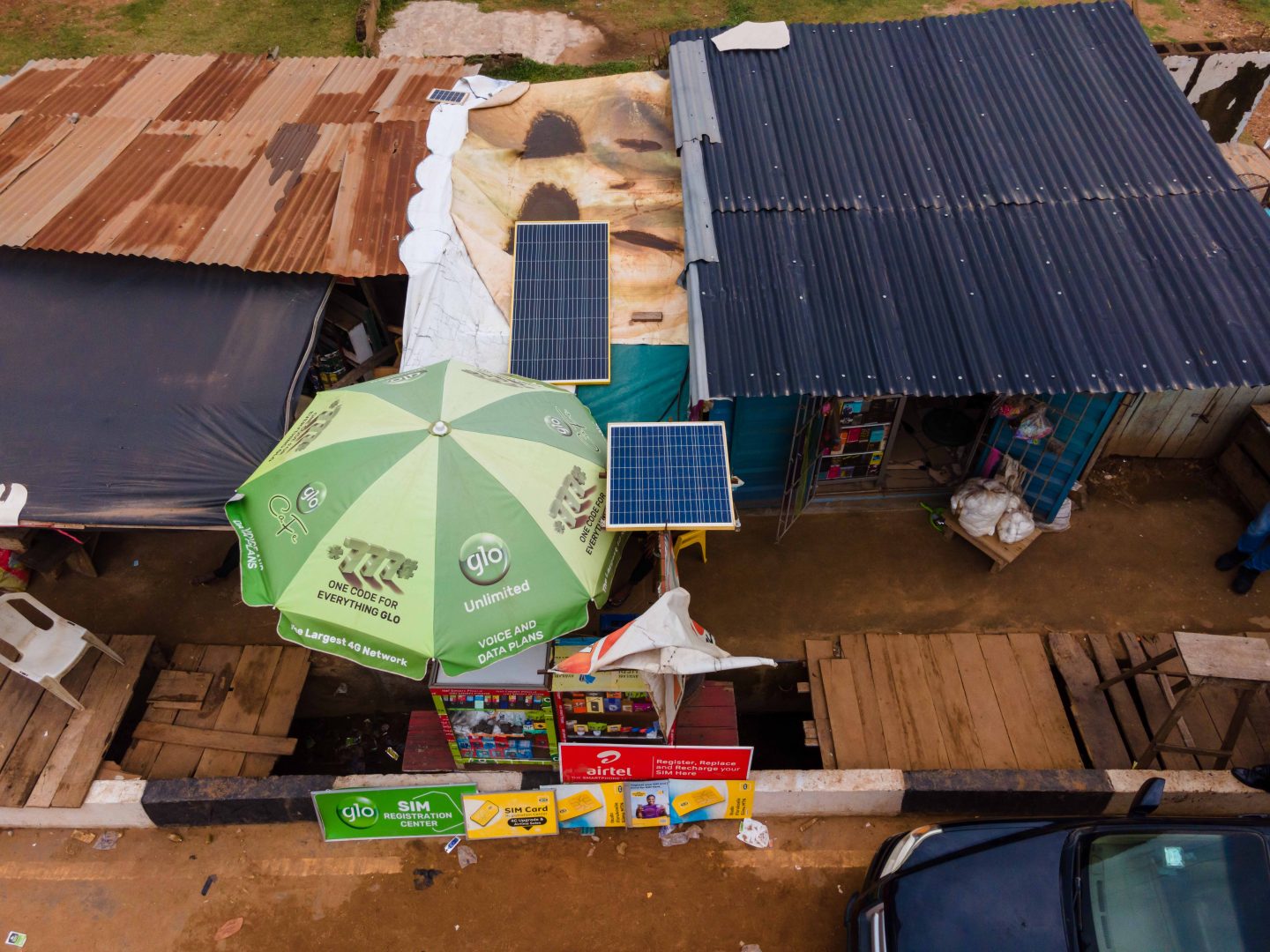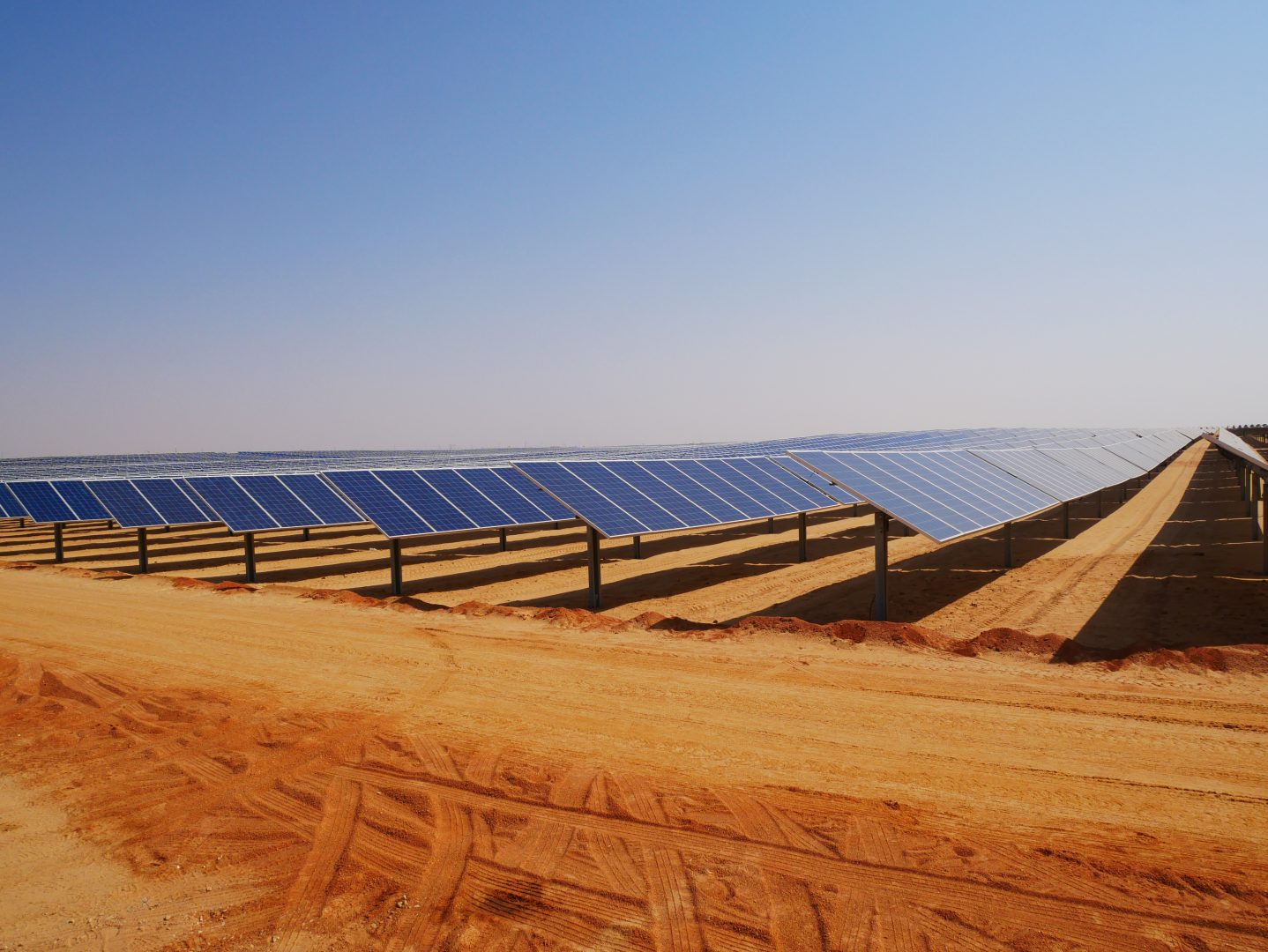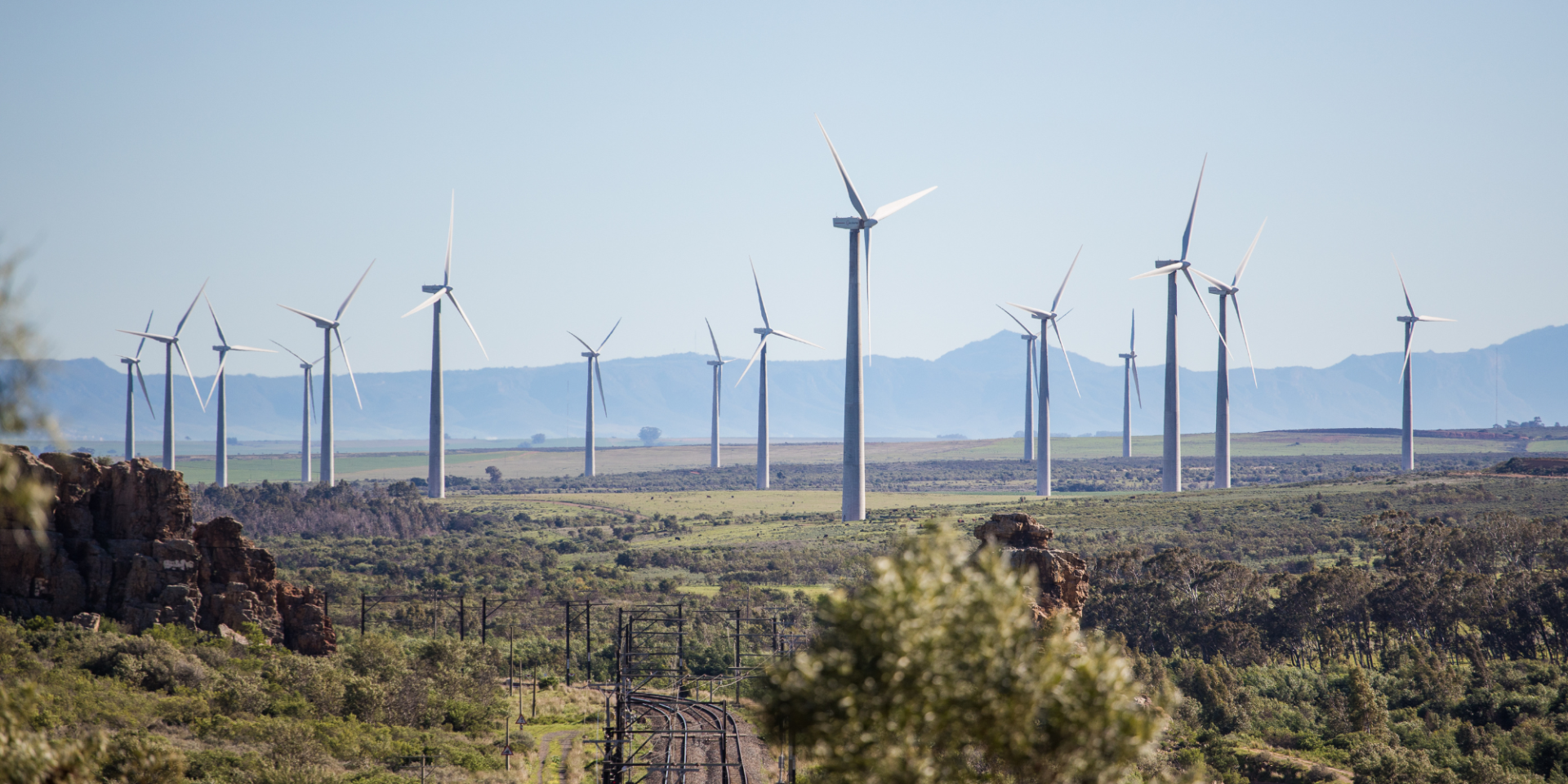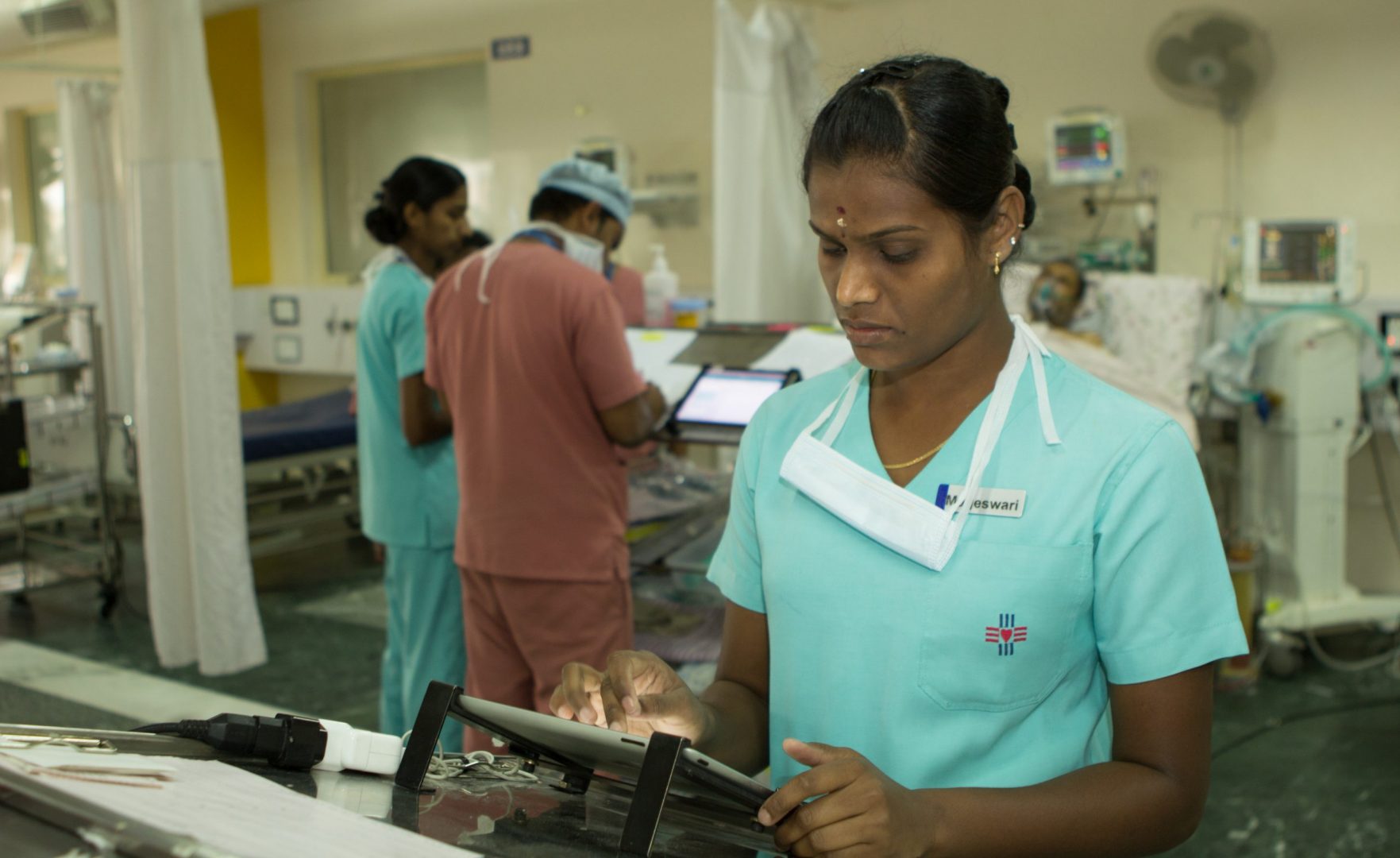Water is intrinsically linked to economic and social development. It is vital for sanitation and hygiene, underpinning livelihoods, maintaining health, growing food, and much more.
Water scarcity, exacerbated by climate change, is already negatively affecting millions of people around the world, worsening poverty, and disrupting societies. It is also compounding biodiversity loss at an ever-increasing pace. With every degree of global warming, water-related risks are projected to increase and those who are more exposed today will likely face even greater risks.
These climate-related challenges affect the entire water system – from water resource management to wastewater treatment and re-use. Therefore, it is important to address these risks using a holistic and integrated approach. Water systems need to adapt to the changing climate and be developed to become resilient. There is much work to be done.
The scale of the task at hand means that relying on public resources alone is unlikely to support countries’ priorities for climate adapted and resilient water systems, particularly those with historically low levels of public investment. Attracting private capital and innovation for more resilient water systems is increasingly important given constraints on government funding since the COVID-19 pandemic, commodity price shocks, exchange rate volatilities and already high levels of debt in many developing economies. Translating this financing gap into private sector opportunities can also help drive efficiencies and increase the deployment of innovative technologies and services – such as solar-powered drip irrigation – that improve the climate resilience and sustainability of water systems.
At British International Investment (BII), climate adaptation and resilience is a key pillar of our strategy for investing to support countries goals under the Paris Agreement. We know that development finance has a significant role to play in supporting private investment in sustainable and resilient water infrastructure. But we can’t act alone. The systemic nature of climate-related risk requires deeper more system-wide collaboration. To aid countries and development finance practitioners in tackling this complex multi-dimensional challenge, we have developed the Climate Adaptation and Renewable Energy (CARE) for Water approach, which can be applied to any country. CARE’s four step process aims to identify and address barriers for unlocking the private investment opportunities that can build climate resilience in the water system. It proposes some key measures that, if taken forward, can help scale private sector adaptation finance and investment for more climate resilient water systems and sectors at the nexus such as food and energy.
Building on Egypt’s climate leadership at COP27, in the second half of the report we’ve applied the approach to Egypt as an example of how to use the CARE approach. This work highlights how the approach could be further developed to scale private adaptation finance, and as a tool to enable public-private cooperation.
We hope this blueprint will serve as a useful resource for development finance practitioners and investors. We look forward to continuing our work with partners to disseminate the approach and improve water security by embedding climate resilience in water system investment.
